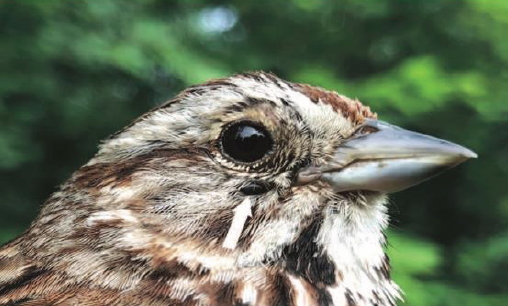
SHARE THIS ARTICLE:
Tick-Borne Pathogens Found in Songbirds in N. America

On December 5, 2022, John D Scott, et al., published “Molecular Detection of Anaplasma phagocytophilum, Babesia odocoilei, Babesia species and Borrelia burgdorferi Sensu Lato in Songbirds” in Journal of Biomedical Research & Environmental Sciences. Songbirds in North America (Order: Passeriformes) are parasitized by the blacklegged tick, Ixodes scapularis, larvae and nymphs. Songbirds transport ticks, but the study shows they are also hosts of tick-borne, zoonotic pathogens.
The study extracted blood from passerine birds that were parasitized by I. scapularis larvae and nymphs. Molecular identification – PCR, DNA sequencing, and Basic Local Alignment Search Tool (BLAST)– detected 24 infections. Fifteen (83%) of 18 passerine birds were positive for 3 microbial zoonotic pathogens which included A. phagocytophilum (n = 8), Babesia odocoilei (n = 6), Babesia spp. 20-5A74 (n = 1), and B. burgdorferi sensu lato (n = 9).
Babesia odocoilei-infected I. scapularis ticks have been found on songbirds previously, but this study reveals Babesia odocoilei for the first time in bird blood. Data show B. odocoilei outnumbering other Babesia spp., which points to B. odocoilei as the predominant Babesia sp. in North America.
This study reveals that ground-foraging passerine birds are hosts of zoonotic pathogens, and play a significant role in the enzootic transmission cycle of B. burgdorferi sensu lato, A. phagocytophilum, and Babesia species.
For More Information
Click here for PDF of the Article





